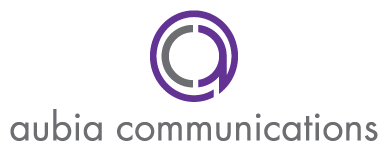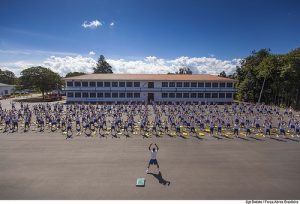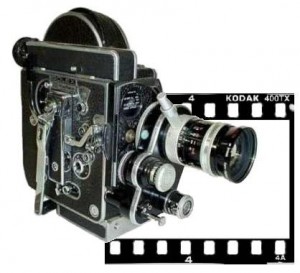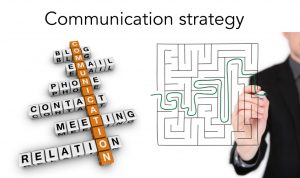
When I entered college, I was luckier than most. I already knew what career I wanted, and I set myself on a path to earn the degree I needed. I never was “undeclared” or struggled to find what interested me. From my bachelor’s degree to now pursuing my master’s degree, I unwaveringly knew I would work in public relations. Through four years of undergraduate study, soon-to-be-completed two years of postgraduate research, and many professional development seminars and conferences in between, some college courses for public relations have proven more beneficial than others.
How to pursue college courses for public relations
Though most colleges have a prescribed path for earning a degree in public relations, different schools focus on different priorities. Some universities are more theoretical based, studying the why behind the strategies and tactics. Others focus on the practical application, teaching students more how to conduct the strategies and tactics. When selecting your course of study, be sure to select an institution that emphasizes the teaching method most important to you. To determine how a college approaches this method, look at what courses are offered and emphasized. Reach out to professors and students and ask how the classes are conducted. Schools focused on academic research tend to be more theoretical whereas schools that emphasize internships and projects with real-world clients lean toward practical application.
Along with determining what you want to concentrate on, the elective college courses for public relations are also important. Outside of the studies in both your core (such as history, literature and math) and major (Communications 101), the electives allow you to emphasize an area of interest. Your overall degree may be in communications, but you are specifically drawn to media relations. The elective options you pursue then should include classes in pitching and news writing.
College courses for public relations that will land you the job
Though you can draw valuable lessons from any class you take (sometimes long after the final exam is completed), some college courses in public relations translate better than others to the working world.
1. Public Relations Writing
One of my early classes in my undergraduate study and arguably the most valuable foundation class in my major, Public Relations Writing taught students the basics of press release, feature and promotional writing. From the inverted pyramid format to Associated Press Style, this class sets you up for success in the career field. I was fortunate to have an excellent professor that graded hard but taught so much. Writing in public relations is unique from any other writing you learn, and without a strong base, you are doomed to fail in the profession.
2. Public Relations Research Methods
As the industry grows more professionally, public relations practitioners are held more and more accountable for producing tangible results. Without the research up front to support the measurement and evaluation at the end, your worth as a professional is unattainable. There is a critical need in today’s business world to know how to conduct and understand the results of focus groups, case studies, surveys, content analyses and other research methods. My first time around with a Public Relations Research Methods course was as an undergrad, and I didn’t value the lessons learned then. In my graduate studies, though, and after some years in the profession, this class has proven to be well worth the tuition and time.
3. Integrated Marketing Communications
Public relations today is more integrated into the business model than ever before. It is no longer enough to practice pure public relations; professionals now are required to understand the workings of the marketing, legal, finance, operations and human resources departments to effectively advise and participate in C-Suite decisions. As I skated through my Integrated Marketing Communications course for my bachelor’s degree, I was determined not to make that same mistake for my master’s degree. As the Public Relations Society of America’s initiative to implement communications courses in Master of Business Administration programs, public relations practitioners are well advised to participate in business courses to better serve their organizations.
4. Communications Theory
Until you’ve worked in the career field, you cannot appreciate the value of knowing and understanding the many communications theories that underpin public relations strategies. Due to this, my Communications Theory undergrad class provided little value to me. It wasn’t until I saw first hand and it became clear tested and proven theory provides a foundation to build your programs upon for success that I recognized the value of this class. Understanding how your product launch will follow Roger’s Diffusion of Innovation theory or predicting how a potential embattled public will confront your organization by studying Grunig’s Situational Theory of Publics makes your practice of the profession stronger and better.
5. Internship
Every student I’ve mentored or presentation I’ve given to a college class, I always encourage taking on an internship. You are more valuable as a job candidate when you can show you’ve had practical experience applying what you’ve learned in the classroom to the real world. An internship should be the culmination of all your study – writing a press release in the inverted pyramid style about the research your organization just completed to help better understand a certain segment of the business model that is supported by theory. With a combination of education and work experience, you can be a valuable asset to any organization.
What college courses for public relations interest you?
Are you a current student or thinking about pursuing a public relations degree? What courses or seminars do you find interesting in the field?



